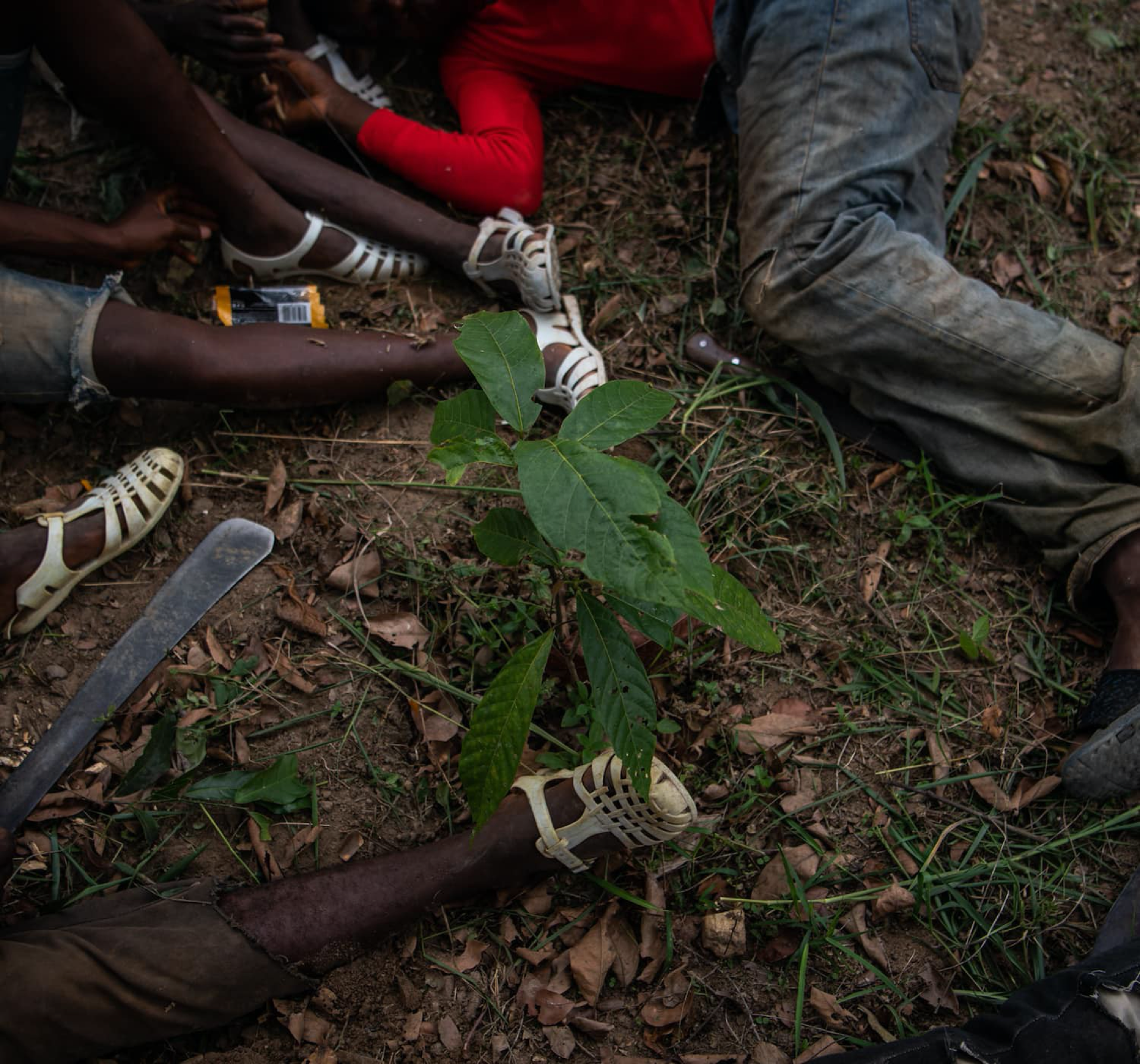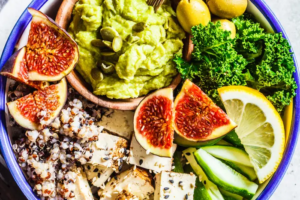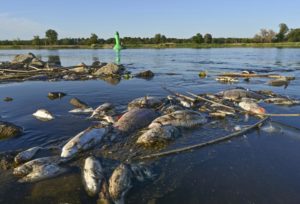The Supreme Court heard arguments Tuesday about whether U.S. chocolate companies should be held responsible for child slavery on the African farms from which they buy most of their cocoa.
Six African men are seeking damages from Nestlé USA and Cargill, alleging that as children they were trafficked out of Mali, forced to work long hours on Ivory Coast cocoa farms and kept at night in locked shacks. Their attorneys argue that the companies should have better monitored their cocoa suppliers in West Africa, where about two-thirds of the world’s cocoa is grown and child labor is widespread.
These “are former child slaves seeking compensation from two U.S. corporations which maintain a system of child slavery and forced labor in their Ivory Coast supply chain as a matter of corporate policy to gain a competitive advantage in the U.S. market,” the Malians’ attorney, Paul L. Hoffman, told the court. He asked the justices to “allow these former child slaves to have their day in court.”
Nestlé USA and Cargill have responded that they, too, deplore child slavery and trafficking, and that they have taken steps to eradicate such practices among their suppliers.
Nestlé USA “firmly believes that traffickers deserve punishment,” the company said in court filings. “This case is not about any of that.”
The companies have asked the Supreme Court to toss the lawsuit, arguing that courts in the United States are the wrong forum for the Malians’ complaint and that the applicable law permits such cases against individuals but not corporations. In the view of the companies, such cases ought to be filed not against the corporations but against the traffickers and farmers involved.
“This case is about a 15-year-old lawsuit brought against the wrong defendant, in the wrong place, and under the wrong statute,” according to the brief on behalf of Nestlé USA filed by Neal K. Katyal and other attorneys. “The true wrongdoers are the Malian and Ivorian traffickers, farmers, and overseers.”
On Tuesday, both sides faced skepticism from the justices.
“Mr. Katyal, many of your arguments lead to results that are pretty hard to take,” Justice Samuel A. Alito Jr. said.
Suppose, Alito continued, a U.S. corporation surreptitiously hired agents in Africa to kidnap children to enslave them on a plantation so that the corporation can buy cheap cocoa or coffee.
“You would say that the victims … should be thrown out of court in the United States, where this corporation is headquartered and does business?” Alito asked.
Katyal answered, among other things, that the victims could sue in African courts or Congress could pass a law specific to such abuses.
Probing the arguments of the other side, however, the justices zeroed in on whether the companies’ practices really amounted to “aiding and abetting” child slavery. Is simply buying cocoa from these farms enough?
“What counts as aiding and abetting for purposes of this statute?” Justice Stephen G. Breyer asked Hoffman, the Malians’ attorney. “When I read through your complaint, it seemed to me that all or virtually all of your complaint amounts to doing business with these people. They help pay for the farm. And that’s about it.”
Hoffman answered that the companies had “crossed the line” from merely buying cocoa to facilitating the system.
The proliferation of global supply chains in recent decades has led to recurring debates over the responsibility of multinational companies to monitor the adherence of their far-flung suppliers to human rights and environmental standards.
Business groups, including the U.S. Chamber of Commerce and the National Association of Manufacturers, have pushed back against lawsuits such as the one against Nestlé and Cargill, arguing they are burdensome and could discourage investment in developing economies. U.S. and foreign companies have been sued 150 times over the past 25 years under a statute that permits foreign nationals to sue in the United States for international law violations, the business groups said.
Allowing the cases imposes “heavy legal and reputational burdens on companies that are sued on the basis that they conducted business with foreign actors accused of committing torts abroad,” their attorneys argued.
There is plenty of evidence, however, that the world’s chocolate supply depends heavily on child labor and that despite two decades of industry promises, it remains widespread. While much of it occurs on family farms, some is also arranged by traffickers who ferry in children from neighboring Mali and Burkina Faso. To human rights advocates, the persistence of child labor in the world’s cocoa supply amounts to, at best, tragic negligence.
A Washington Post investigation of the use of child labor in the cocoa industry found representatives of some of the biggest and best-known brands could not guarantee that any of their chocolate was produced without child labor. It featured children from Burkina Faso working in appalling conditions on Ivory Coast cocoa farms.
More recently, a report sponsored by the U.S. Department of Labor, indicated that the West African cocoa industry was exploiting the aid of 1.6 million West African child laborers. Most of those laborers were involved in tasks considered hazardous such as wielding machetes, carrying heavy loads or working with pesticides, according to the report.
What makes the legal cases against the companies particularly complex is the difficulties investigators face in connecting any child laborer with a specific company. But human rights advocates say the companies should be held responsible because child labor arises in part because they refuse to pay enough for cocoa and have yet to fully institute systems for tracing cocoa beans to specific farms.
“The business practices of these companies clearly have contributed to the use of forced and child labor in West Africa,” said Charity Ryerson, an attorney for the Corporate Accountability Lab who has traveled to Africa to investigate cocoa practices.
She noted that some smaller chocolate companies such as Tony’s Chocolonely pay higher prices and take extra care to eliminate child labor from their cocoa suppliers. Those added costs can make it difficult for the producers of “ethical chocolate” to compete against the companies using cocoa produced with child labor, she said.
“As slave-free cocoa and chocolate companies, [we] are at a competitive disadvantage to companies that source cheap cocoa produced with forced child labor,” some of the companies said in a legal filing. “The higher production costs associated with compliance with international human rights norms require [us] to sell … chocolate at higher prices.”
Indeed, cocoa prices are critical to the debate. As the Supreme Court begins to consider the case, a cocoa price war appears to be breaking out between the multinational companies and the governments of Ivory Coast and Ghana, which regulate cocoa exports.
The West African governments have added a $400 cost per ton in an attempt to give farmers what they call a “living income,” a move that has been met with some reluctance from the chocolate companies.
“Unfortunately, industry steps to lower the price are going in precisely the wrong direction,” said Antonie Fountain, managing director of the Voice Network, a group that pushes for environmental and human rights reform in the cocoa industry. “Prices need to go up, not down.”
The Voice Network issued an annual report on the industry Tuesday, citing the lack of progress despite promises by the companies to eradicate child labor.
“Twenty years into rhetoric, the challenges on the ground remain as large as ever,” it said. “Poverty is still the daily reality for virtually all West African cocoa farmer families, child labour remains rife, and old growth forests continue to be cleared to make way for cocoa production.”




